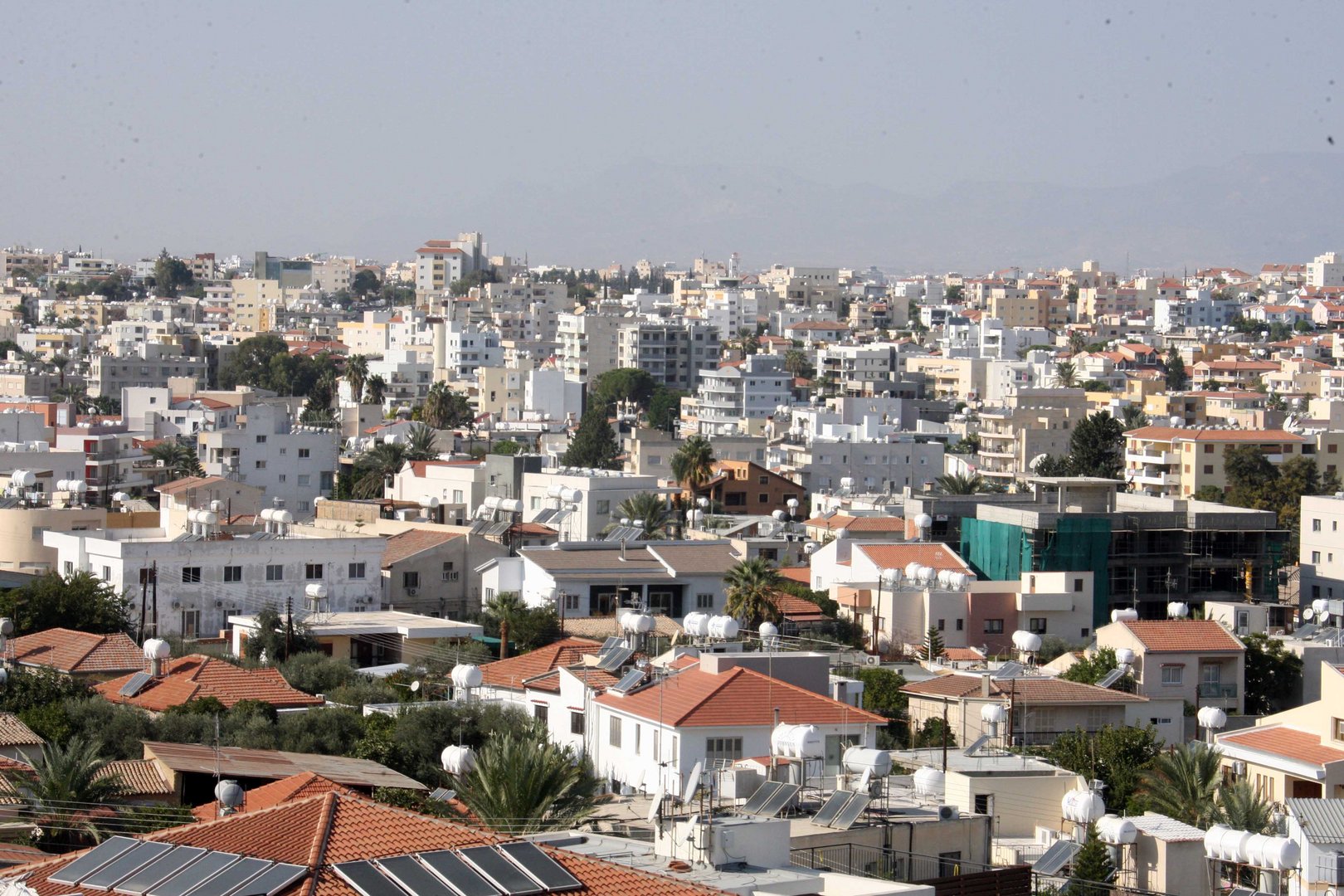The payment of grants to displaced persons to help them get affordable housing takes well over a year after initially applying, it emerged on Tuesday, with MPs saying these delays are not acceptable.
The matter was discussed at the House refugees committee, which examined complaints about the time it takes from applying for the grant, to approval, to the actual disbursement of the amount.
The responsible department is the Special Service for the Care and Rehabilitation of Displaced Persons, which offers several housing support schemes. It was set up in August 1974, right after the Turkish invasion and the displacement of Greek Cypriots from the north of the island.
According to committee chair Nikos Kettiros (Akel), in the Limassol and Paphos districts it takes 18 months for such grant applications to be processed; 12 months in the Larnaca and Famagusta districts; and 15 months in the Nicosia district.
And once approval is granted, more time elapses until the funds are paid into the accounts of beneficiaries.
“We’ve come to the point where contractors and land developers don’t want to sell flats or homes to refugees… because these people [the refugees] will get their money two years down the line,” Kettiros said.
For an applicant to get the grant from the Special Service, he or she must first enter into a contract for purchasing a residence.
In the interim, Kettiros said, applicants are saddled with interest accruals as well as increases in the cost of construction materials.
The MP said the perennial excuse that the Special Service is understaffed is not good enough. He also pointed out that whenever officials speak in parliament on the issue, they claim that applications are examined within a month; but when the same officials deal directly with applicants, they tell them it will take about a year.
Lawmakers proposed that the application process be digitised, so that applicants can file online.
“It cannot be that the public sector still works with paper… and then we wonder why it takes 18 months,” remarked Kettiros.
The MP said that in 2022 a total of 1,328 applications got examined. For this year, up until the month of August, the number came to 1,591 – an improvement. However, there arestill delays: “The applications approved in Nicosia district in September 2023 had been filed back in May of 2022.”
MPs highlighted another problem – the discrepancy between budgeted funds and actual expenditures.
Nikos Georgiou, of opposition Disy, spoke of “double standards.” He said that for other affordable housing schemes – such as for remote areas or disadvantaged areas – applications get processed within a mere four months.
By comparison, it takes a lot longer for refugee applications to get through.
“It points to a lack of organisation, lack of planning, apathy and gaps in the state’s policy toward refugees, and most of all it points to a lack of sensibility to the plight of displaced persons,” said Georgiou.







Click here to change your cookie preferences